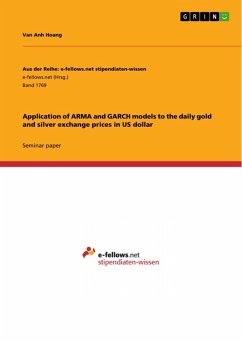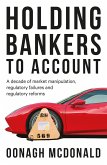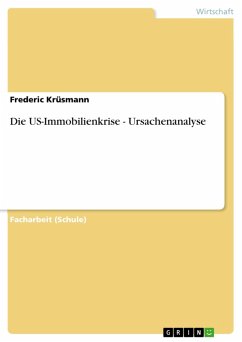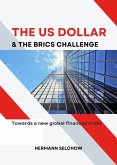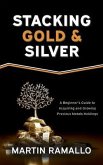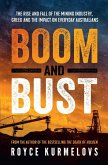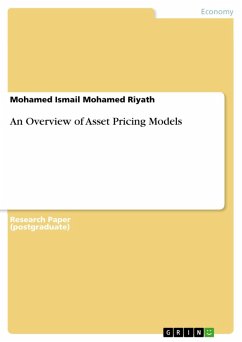Seminar paper from the year 2016 in the subject Business economics - Banking, Stock Exchanges, Insurance, Accounting, grade: 1,7, European University Viadrina Frankfurt (Oder) (Lehrstuhl Statistik), course: WS 2015/2016, language: English, abstract: This paper deals with the development of the gold and silver prices from January 2001 until January 2015 and introduces the ARMA-model from Box & Jenkins for (weakly) stationary stochastic processes and the GARCH-model from Bollerslev to model heteroscedastic time series. The results, which were obtained with the help of the statistics package R, are presented in section 5 and 6 respectively. Besides, a forecast of the prices for both assets is made in section 7, the limitations of the research are presented in section 8 and section 9 concludes with a summary of the findings. It is widely known in the financial world that both equities, silver and gold have a long history of serving as a hedge against inflation, political risk and currency exchange risk, which provide economic and physical safety for the investors during times of political and economic crises as well as equity market crashes. This phenomenon could be observed in the 2008 financial crisis, where other mineral prices fell, but only the gold price increased by 6%. Moreover, researchers also show that gold and dollar seem to be negatively related, as in times, when the dollar was weak the price for gold increases. Hence, gold was found to be uncorrelated with other types of assets, which leads to advantages for an investor in an era of globalization. As gold and silver assets seem to play an important role for investors, it is of great necessity to monitor its prices and the volatility of the time series. The autoregressive moving average models (ARMA) and the generalized autoregressive heteroscedasticity (GARCH) models became popular for academics and practitioners and led to a fundamental change to the approach of examining financial data. The ARMA models have been further extended and an efficient modelling of the volatility of the prices with GARCH models was further inspected by many researchers.
Dieser Download kann aus rechtlichen Gründen nur mit Rechnungsadresse in A, B, BG, CY, CZ, D, DK, EW, E, FIN, F, GR, HR, H, IRL, I, LT, L, LR, M, NL, PL, P, R, S, SLO, SK ausgeliefert werden.

